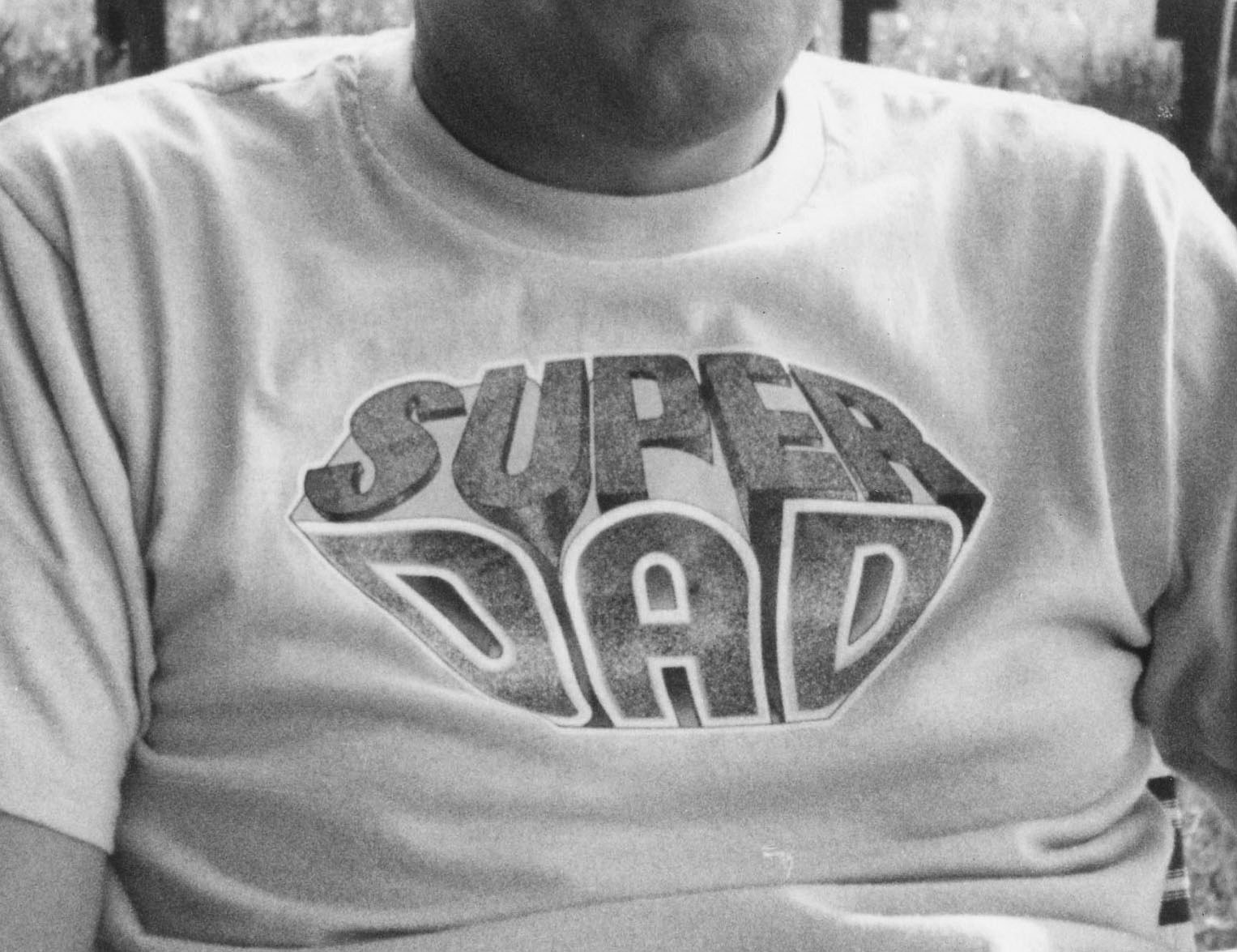My Dad was a complicated person. How did he live and love so tenderly and raise us with so much care and joy, leaving us moments of laughter that survive? I never knew because he didn’t talk about painful memories or how much work it must have taken to be the incredible husband, father, and leader that he became. If my mom hadn’t told me I might not have even known he was a veteran or spent years in an orphanage as a child.
My Dad died of suicide at 63. He was healthy and handsome and had his achievements and beautiful new grandchildren. But he didn’t have my mom for the first time since he was a child. She had died at 56 of cancer, three years before. He had told his PCP a few months before his death that he was having physical symptoms that lead to nothing but a Xanax prescription. As far as I know, the doctor did not guide my father to therapy or treatment for depression. Like many men, he was never connected to a means to cope. He had also slowly been making impulsive and extremely uncharacteristic decisions. He decided to go off and on the medication on his own, a medication that made no sense for him and that no one was monitoring.
During a weekend of trying the medication again, and suffering from the jet lag of a trip and lack of sleep, he began to hallucinate. States away, his three children could only ask the police to visit his home. He had never supported gun ownership and I wasn’t aware he recently purchased one until I found out that day from my young sister who feared he was in great danger to himself. The police left him with the gun. Two days later he was dead, just minutes after having a normal conversation on the phone with his daughter, and moments before his friend got to the door, as they had been planning to get dinner. My Dad was gone forever. I believe this was because of an impulsive moment with a gun he should have never had as a grieving widower with symptoms of depression.
My whole life, my Dad wrote notes, even when just leaving for work. He never left a conversation, or practically even a room, without saying “I love you.” This time he was unable to say or write anything. The stigma of mental illness…it can leave sufferers vulnerable and suicide survivors alone. People don’t talk much about the outstanding qualities of a friend’s loved one that seemed to have chosen to leave.
Since that day, more people I cared about have been taken or have lost their loved ones to gun violence of different kinds. I wrote this anonymously because of the pain and silence of my family members. I wrote it for all survivors, but especially those of suicide loss who carry a grief-filled with senselessness, guilt, rejection and at times, aloneness.
